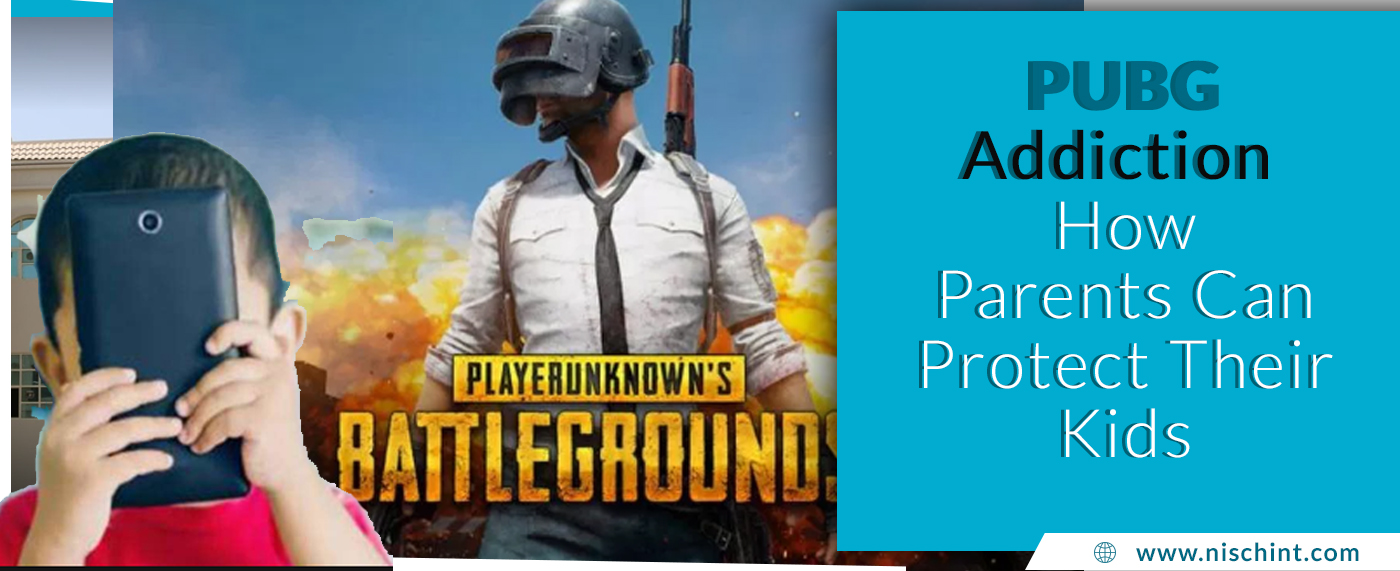Let’s face it – there is an online generation gap between us and our kids. Social networking and media sharing Websites such as Facebook, Instagram, Snapchat expose the greatest gaps between teens’ online activities and parents’ knowledge of these activities.
With the exams knocking the door, parents, are you worried about the amount of time your children spend online?
It is becoming increasingly common for children from a young age to have access to apps such as Youtube, Facebook, Whatsapp, etc via tablets or mobile phones, as well as to traditional TV and computer. These apps especially Youtube and Facebook are incredibly engaging for a child and they gradually become addicted to it. “My 12 years old spends around 6-7 hours on his phone watching videos in youtube or playing online games, when asked to submit the phone, he gives an excuse saying he is looking at study materials online or discussing the same with friends”, says Mrs. Gupta. Research says, “Children who spend hours on screen, either watching TV, playing computer games, watching videos or surfing the internet before exams, appear to achieve lower grades at exams”.
Most parents snatch away the devices from their children before exams, but is that a solution to the problem?
Admonishing devices will lead to friction, frustration and worst of all finding means of getting access to another medium (friends or secret device or even stealing). It is important to remember that not all screen time is bad, as long as teens mix time on their devices and other healthy behaviors away from these devices. The best way to reduce your children’s screen time is to establish friendly rules and educating your kids to effectively managing the screentime.
Check out this list of the most popular tips for helping your teenage kid manage their screen time during exam time
1. Encourage Balance, not Restrictions
When most parents discover that their teenagers are screen junkies, they tend to have an adverse knee-jerk response that often results in tight restrictions, fights and a combative mood around the house. While excess screen time may be bad for his grades, some screen time may be necessary for teens. So instead of locking away every gadget around the house, it is best to moderate the amount of time that kids spend on their media devices. And because teens are more likely to open up than younger kids, start a discussion about their screen habits and encourage them to find balance.
2. Set Rules Timetable for your teens
Establish screen time rules together and give them a chance to come up with their own screen schedules. Together you can write up a contract that outlines clear house rules with rewards and agreed upon consequences.(e.g. 6 hrs study, 2 hrs screen time, 7hrs sleep). Offer kids a set amount of screen time each day and let them decide how to use it. This will also help them become responsible teenagers and adults in future. Also provide your child with opportunities to earn more screen time (e.g. finished study for the day, good behavior). Screen time makes some of the best rewards.

3. Meet or discuss with other parents of Children in your kid’s Class
Getting to know other moms and dads is important for the safety and well-being of your child. You will not only be comfortable sending your child for group studies, you will also be aware of homework, assignments and classroom happenings. Our kids get easily influenced by their classmates, they like to copy other children. “Rohan’s parents are so supportive, they allow him to use his phone for 6 hrs, you don’t even give me for 3 hrs”, you all would have gone through similar situation. Make a Whatsapp group for parents or moms, where they can discuss with other parents and decide a pact for the entire class, like all the kids in the class will be allowed a common amount of time to use the devices. It will create a uniformity among the kids so that they won’t have any issues with device usage time and it will be easy for the parents to set screentime.
4. Get Involved
Kids and teens often get their screen usage habits from an older adult, usually a parent. Most parents always find it difficult to put the tablet, laptop, or smartphone down, a trait that is copied by teens back at home. Setting a good example will not only help your kids cut down on media use, but will also help establish healthy media habits around the house.
5. Establish Media-free Zones in the House
The house is often the biggest crime scene when it comes to media overuse. Most teenage rooms are normally stocked with the latest in gadgetry – from the latest PlayStation console to HD TVs. Set clear rules to guide the time and place that media devices can be used. For instance, you can ban media usage in the bedroom.
6. Use Parental Control
To manage screen time and gadget addiction among kids parents should implement parental controls on their children’s handsets. Parental control app like Nischint Parental Control helps parents to monitor the activity on their child’s device, set usage limits, schedule & block apps and much more.
Conclusion
Making the adjustments to media habits around the house will undoubtedly be a tough task, especially if your teenage kids have carried on their bad habits from childhood. Still, it’s always better to be late than never. If this addiction is not rectified, they can have much more drastic effects on a young adult’s life.












